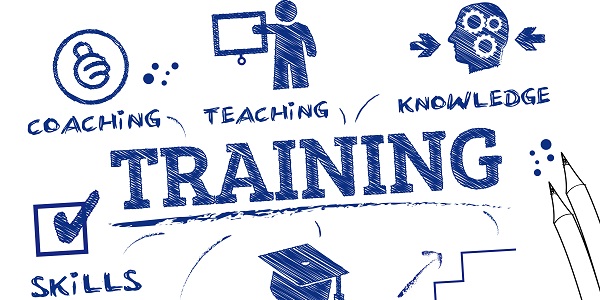You have probably heard at least one person say that the role of product managers cannot be trained – they can only learn on the job. While this makes a certain degree of sense, as every product represents its own unique set of challenges, it is not entirely accurate. It may be based on truth, but it is only telling one part of a much larger story regarding practice and principles in the daily role of product managers.
On the job training is always important, but if you feel like you can forgo going back and getting a fuller education through training and certification, you will be missing something essential to your long-term goal.
A Foundation of Theoretical Knowledge
If there’s one thing that most product managers have in common, it is that they usually get their jobs because they worked for a particular company and were an expert on a particular product. They knew that product better than anybody. They knew how to talk about it. They knew how to talk to the developers of the product. They knew how to communicate better than most to customers about why that product was so great and how it could be used.
Their experience with this particular product was so powerful that it could mask some core areas that they COULDN’T transfer to another product or company. If you truly want to move up the ladder, you need the theoretical knowledge that only training with certification can provide.
The product managers who would go on to have long and storied careers understood that only by a healthy mixture of both theoretical and practical knowledge would they be able to advance themselves within the field. The ones that couldn’t strike that balance would remain experts on one particular product or technology, but they were unable to do the most important thing of all: see the forest for the trees.
Theoretical knowledge is and will always be important regarding successful product management, which is why continuing your education is NEVER something you should overlook. It shows you the whole forest, yes – and it also builds the context and helps you set the strategy you will use to get through the forest to the other side.
In the End
Anyone who comes down hard on the side of EITHER theoretical knowledge OR on-the-job training is missing one pretty important part of a much larger story. It is only by blending both together that you will be more than just an expert in one particular product – you will be a true expert in product management.








